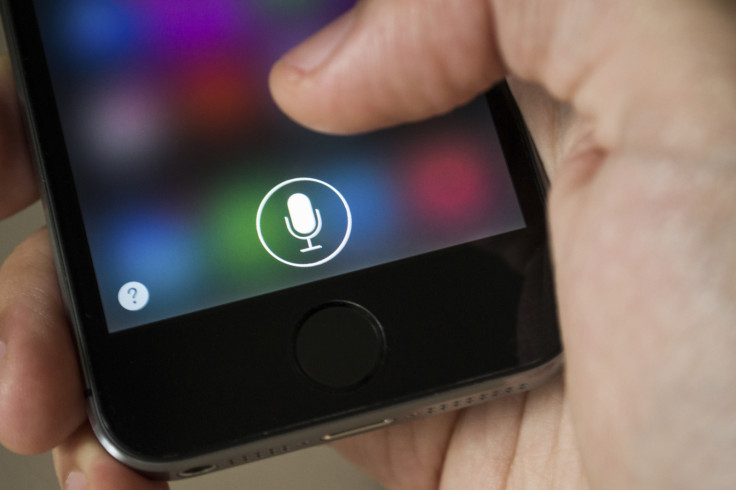FBI wants an app to turn your smartphone into a secret recording device for use in court cases
Advert for app developer to create one that can stream back audio and video to government servers.

The FBI is seeking a developer for a mobile app to turn smartphones into secret audio and video recording devices that can be used as evidence in court cases. The FBI has posted a job opportunity on the US government's federal business opportunities website seeking contractors that can create an app to give Android, iOS and Windows phones the ability to record audio using the smartphone's built-in microphone.
The idea is that undercover police officers and informants could surreptitiously use their phones to record incriminating evidence whereby the data would be stored in the phone's memory and then stream in near real-time to another device for live monitoring.
Essentially, the live monitoring function would make it possible for police officers to use the technology for interviews with witnesses and potential suspects, while mission control can monitor the undercover officer's location via GPS using Google Maps or a similar mapping technology.
Streaming evidence over 4G to a government server
Or, if for some reason the officers don't want the data stored on their devices, they can instead automatically stream the evidence wirelessly over 4G to a secure US government-owned server with a public-facing IP address.
The FBI stresses in a technical requirements document that it wants the user's smartphone to continue to function as normal and that the app must be able to provide the recording and streaming capabilities without the device needing to be jailbroken. The app needs to have a fake user interface that hides the fact that the smartphone is being used to covertly stream audio and video.
The federal agency eventually also wants the app to be able to provide video recording, as well as GPS location tracking, but most importantly, the app must contain several technical safeguards to protect the stored evidence.
Recorded evidence must be impossible to tamper with
"Any electronic data intended to be admitted in court as evidence will have a traceable 'chain of custody' and procedures to ensure it has not been altered or tampered with," the FBI stresses.
"The controller shall have the ability to set the phone to send audio, video, and/or GPS data without storing it on the phone or server. This is intended for an 'officer safety' scenario, and to allow for live minimisation when required by court order."
The FBI wants the audio files to be stored in uncompressed .wav format using 16 bits per sample, providing date and time stamps on the smartphone, and the app also needs to implement a cryptographic hash to encrypt the data, while making it impossible for the recordings to be edited on the smartphone. The app also has to have the capability to continue live streaming even if the device's memory is full.
And even if you're a firm that can handle this long laundry list of requests, as well as providing the server and suitably secure software to protect the data from prying eyes, you also need to be willing to testify in court, if subpoenaed, to provide a technical explanation of the collection technique used to collect the audio and video evidence, although the US government will seek to keep your proprietary technology a secret.
© Copyright IBTimes 2024. All rights reserved.







